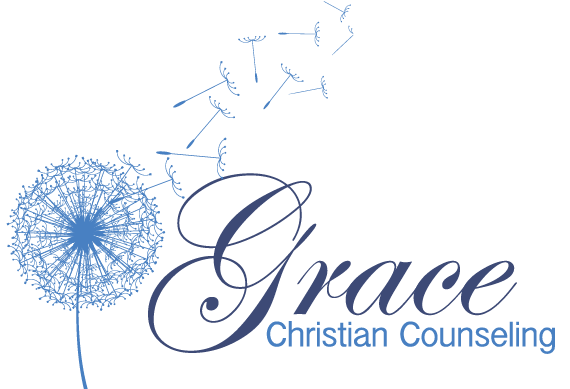Much time, effort and money are devoted to creating enviable, picture-perfect weddings.
Far less effort goes into building a healthy foundation upon which a marriage relationship can grow. We just think it’s going to happen because we usually haven’t been taught anything about real marriage, we get caught up in romance and overpowering feelings of love, and many of us never had a glimpse of it growing up.
We just know we’ll be together forever. We have no plan and think it’s unromantic and just wrong to consider we even need one.
Within Christianity, marriage is intended to mirror the covenant that Jesus has with His followers.
It is a covenant between marriage partners and God. Typical marriage vows go something like this: for better or worse, for richer and poorer, in sickness and in health. We focus on the positives to the detriment of our marriages.
We refuse to talk about each partner’s vision of marriage and individual expectations. We refuse to acknowledge that the days of “worse,” “poorer,” and “sickness,” will come for everyone.
Denial of reality makes our marriages vulnerable. Lack of real pre-marital counseling that addresses the nitty-gritty, messy, day-to-day interactions of marriage, sets us up for failure. And while we can wait too long to ask for help, most marriages are not beyond help and restoration. We can – with intentionality – have better marriages than we ever imagined.
That’s where I believe intentionality, deliberateness and purposefulness contribute to the long-term health of the marriage relationship. We just have to ask for help. Divorce does not have to be inevitable, even in the face of the worst marital errors.
I like to remind people that psychotherapy is far less expensive than attorneys. We may not have the first idea about how to be intentional in marriage, but we can learn.


